10 foods you shouldn't refrigerate
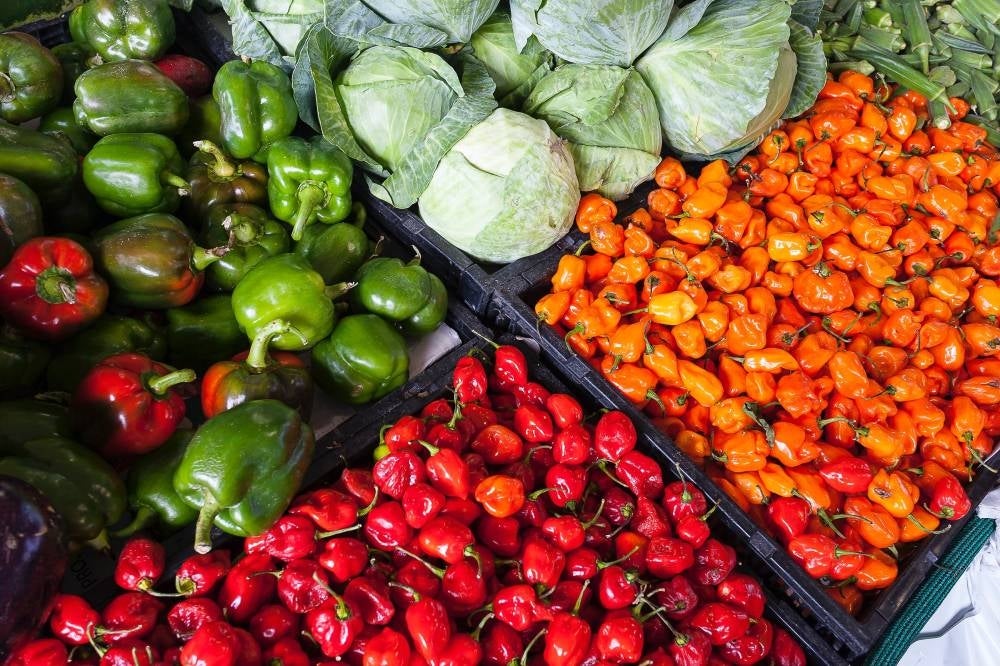
Storing food in the refrigerator can help keep it fresh, prevent spoilage, and extend its shelf life.
However, there are some foods that should not be refrigerated, as doing so can actually make them spoil faster or lose their flavor.
Here are 10 foods you should not refrigerate:
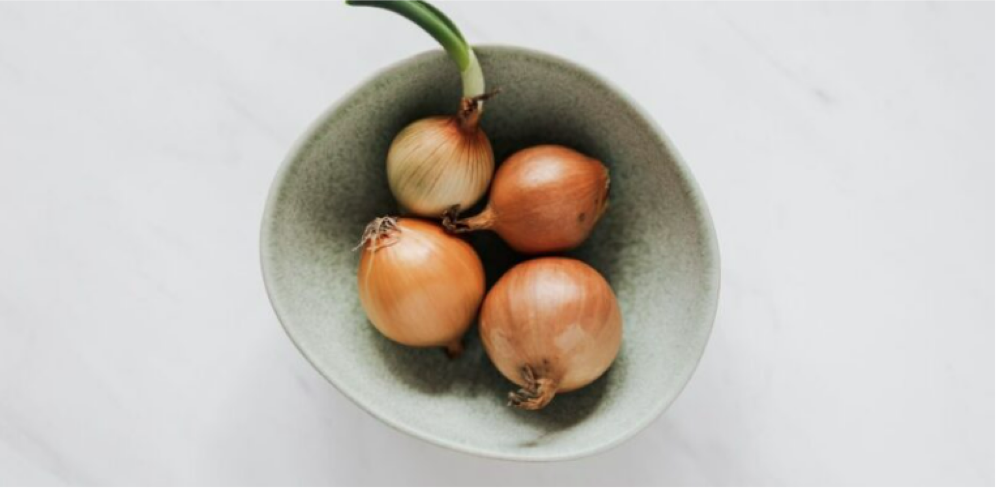
Photo Credit: Pexels
1- Onions
Similar to potatoes, unpeeled onions should be kept in a dry, well-ventilated area. Avoid storing them in a moist environment like a refrigerator, as this can lead to rapid spoilage. Instead, opt for an open shelf for optimal storage. If you've peeled onions that you won't use right away, it's advisable to place them in the refrigerator, but make sure to utilise them within two days for the best quality.
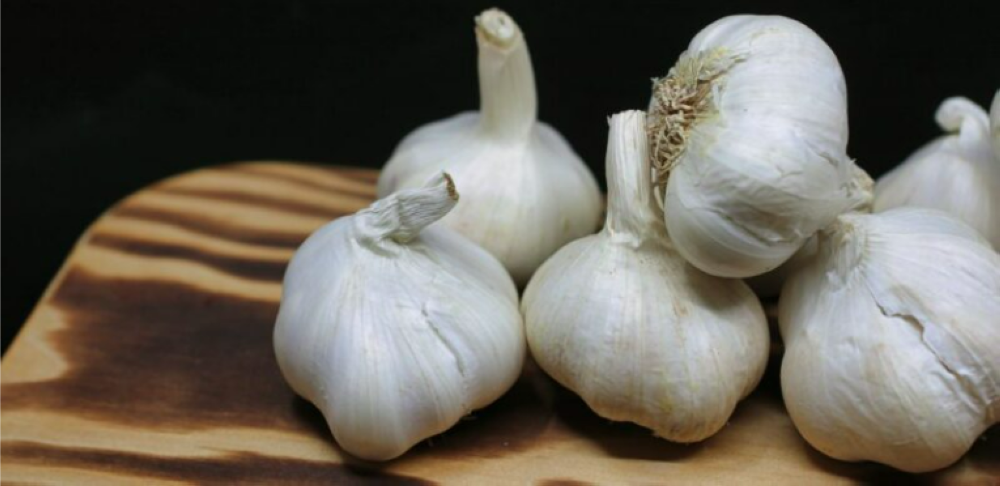
Photo Credit: Pexels
2- Garlic
Garlic should likewise be stored in a cool and dry environment. Place it in a container with good airflow or on a shelf that promotes ventilation. Refrigeration is not ideal as the colder temperature can affect the flavor of garlic, and inadequate air circulation may lead to spoilage. When stored in a suitable setting, garlic can maintain its quality for up to two months.
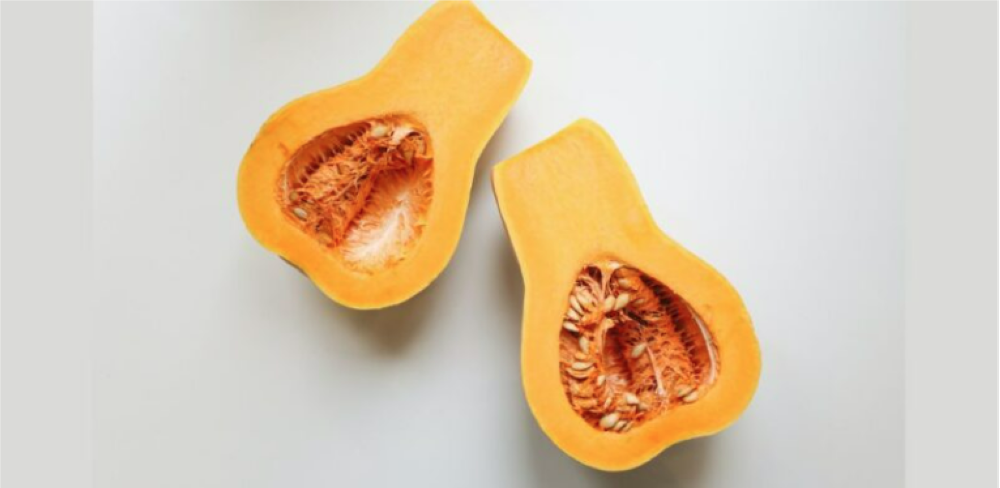
Photo Credit: Pexels
3- Pumpkin
Uncooked pumpkin can be stored at room temperature for several weeks, as long as it is shielded from direct sunlight. Refrigeration is not recommended unless the pumpkin has been peeled. If the pumpkin is cut or peeled, it can be safely stored in the refrigerator's chiller section for a maximum of five days. Crafting frozen stock from pumpkin can significantly prolong its shelf life!
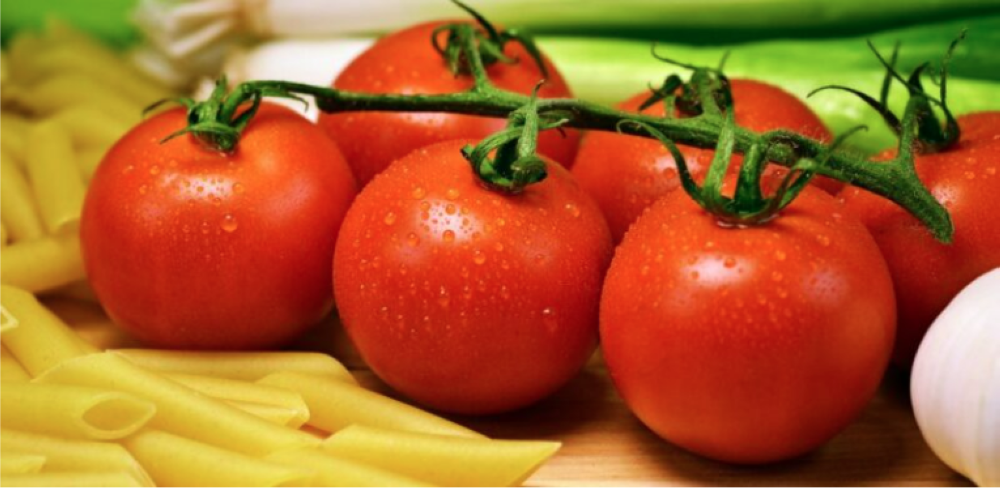
Photo Credit: Pexels
4- Tomato
Many individuals tend to refrigerate young tomatoes in the belief that it enhances their freshness. However, it's important to note that tomatoes are sensitive to cold temperatures. Exposure to low temperatures in the fridge can diminish their flavor and alter their texture. To maintain their optimal quality, it's recommended to store tomatoes on a storage rack outside the fridge.
In the event that you find yourself with an excess of ripe tomatoes, freezing them is a viable option to extend their shelf life. Before freezing, ensure you wash and thoroughly dry the tomatoes. Proceed to slice them or cut them into halves, then arrange them on a parchment paper-lined surface. Once frozen, transferring them to a lidded container is advisable.
It's worth noting that frozen tomatoes are suitable for cooked dishes such as soups and sauces, due to their altered texture. However, they may not be the best choice for raw dishes like salads, as their consistency changes during the freezing process.
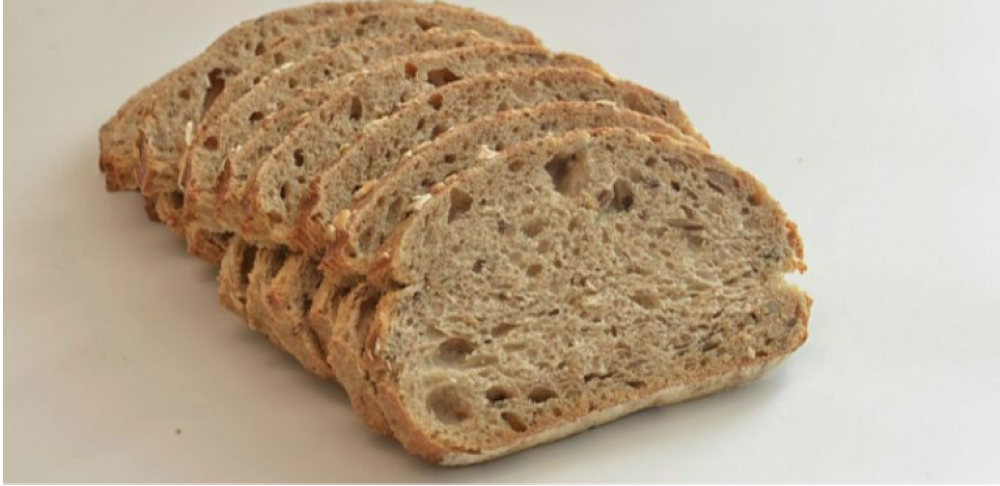
Photo Credit: Pexels
5-Bread
Placing bread in the refrigerator often results in dryness. This outcome stems from the retrogradation process, during which starch molecules crystallize and cause hardening. To uphold the softness and longevity of your bread, prioritising storage in a cool and dry environment is key. If freezing is desired, it's recommended to individually wrap each piece to prevent adherence. Opting for a paper bag is preferable, as plastic bags can introduce moisture to the bread.
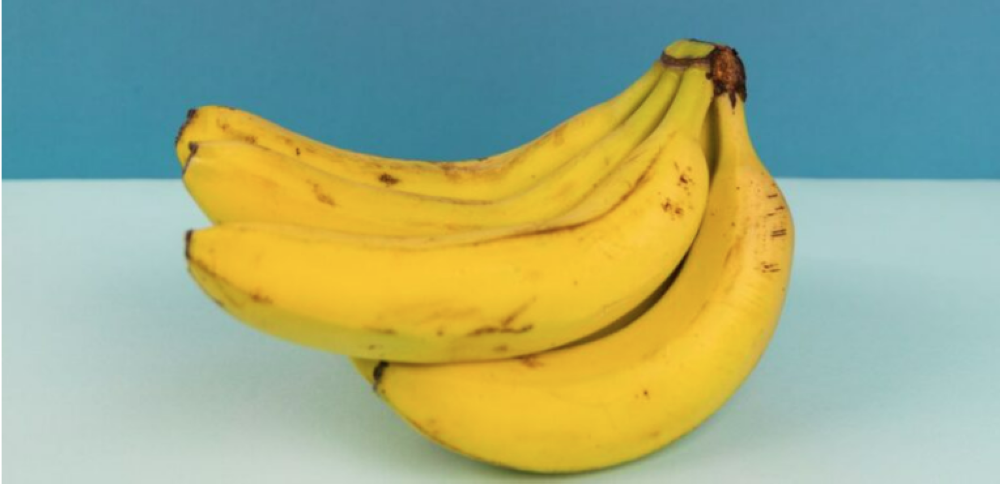
Photo Credit: Pexels
6-Bananas
Bananas should be stored at room temperature until they reach full ripeness. Once ripe, transferring them to the refrigerator can effectively lengthen their shelf life. However, it's important to note that refrigeration may lead to darkening or bruising of the banana skins. It's worth emphasizing that such changes in appearance do not necessarily indicate spoilage.
HOW TO PREVENT BANANAS FROM BRUISING IN THE FRIDGE? YOU CAN EXTEND THEIR SHELF LIFE AND MAINTAIN THEIR VIBRANT YELLOW COLOR.
To achieve this, consider storing each banana individually, either wrapped in plastic or by covering the stem with plastic wrap. This approach helps slow down the release of ethylene, a natural hormone responsible for the browning process.
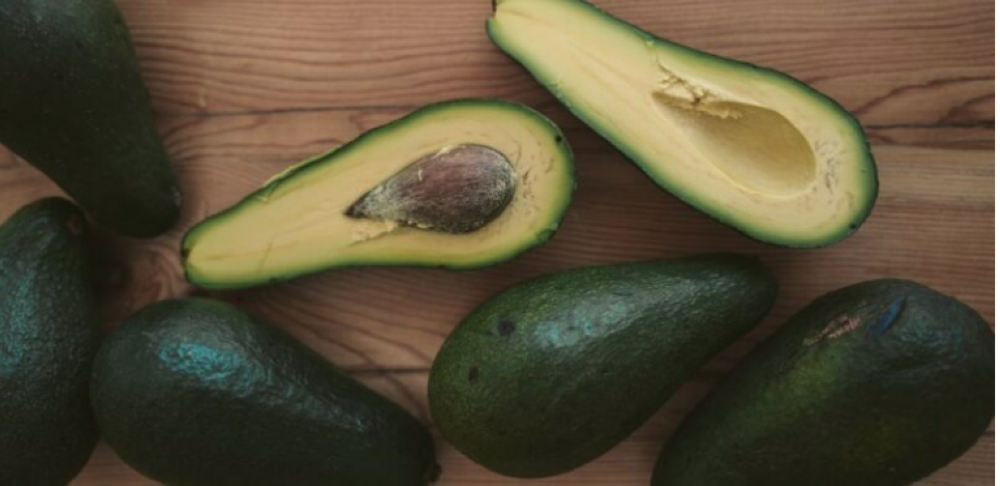
Photo Credit: Pexels
7- Avocado
Just like other fruits, avocados follow a similar pattern. Only fully ripe avocados should be placed in the fridge, while those that are still ripening should be stored at room temperature until they reach maturity.
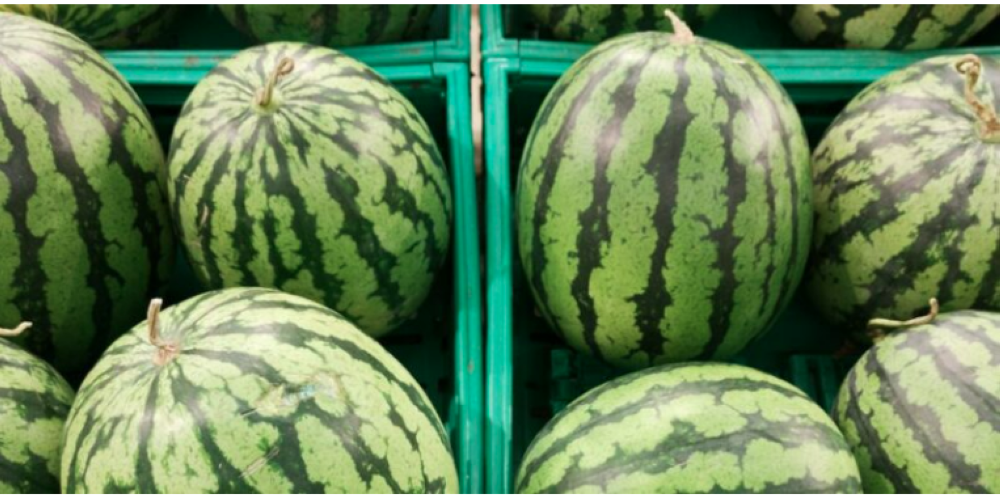
Photo Credit: Pexels
8 - Watermelon
Watermelon and other melon fruits should be stored at room temperature until they are ready to be cut. Recent studies suggest that keeping them at room temperature actually helps retain their antioxidants. However, once the fruit is cut, it's advisable to refrigerate it and consume it within a span of four days to ensure its freshness.
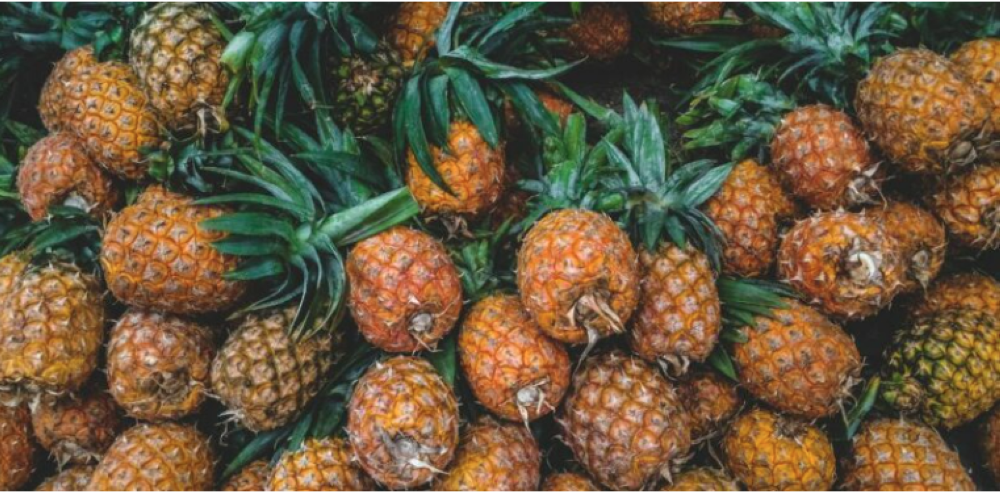
Photo Credit: Pexels
9- Tropical Fruits
For fruits like pineapples, kiwis, mangoes, and local varieties, it's essential to provide them with light and warmth during their ripening process. This environment is crucial to preserve their nutrient content. Once these fruits are fully ripe, you can choose to refrigerate them to prolong their freshness and extend their shelf life.
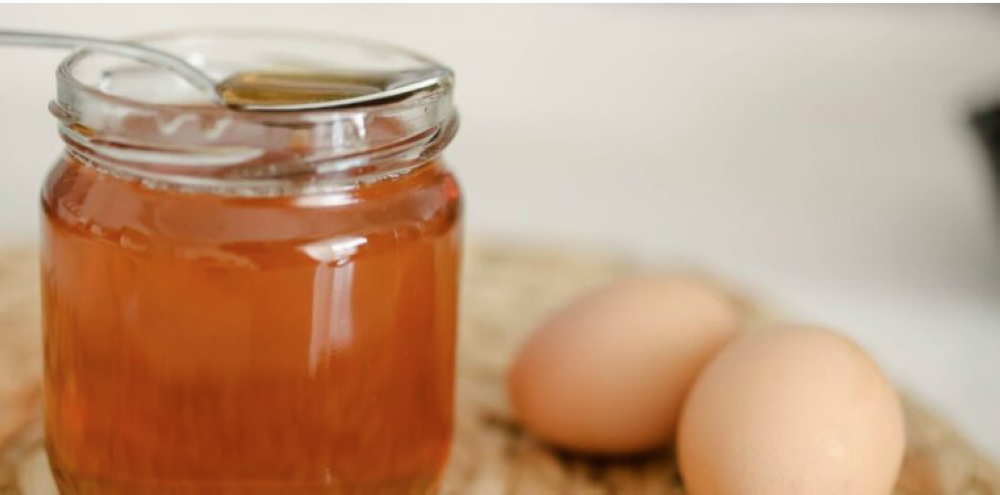
Photo Credit: Pexels
10- Honey
Honey undergoes a texture change when exposed to lower temperatures. Since it is a shelf-stable food, refrigeration is unnecessary and should be avoided. Instead, focus on securely sealing the container to maintain its quality.
- Sinarplus
Source: Showbizz Daily
Main Photo Credit: Pexels














